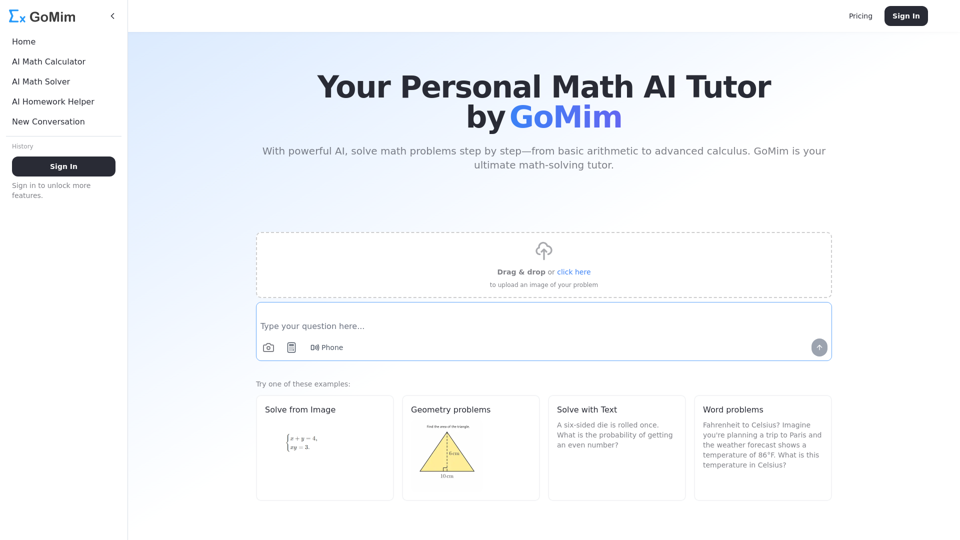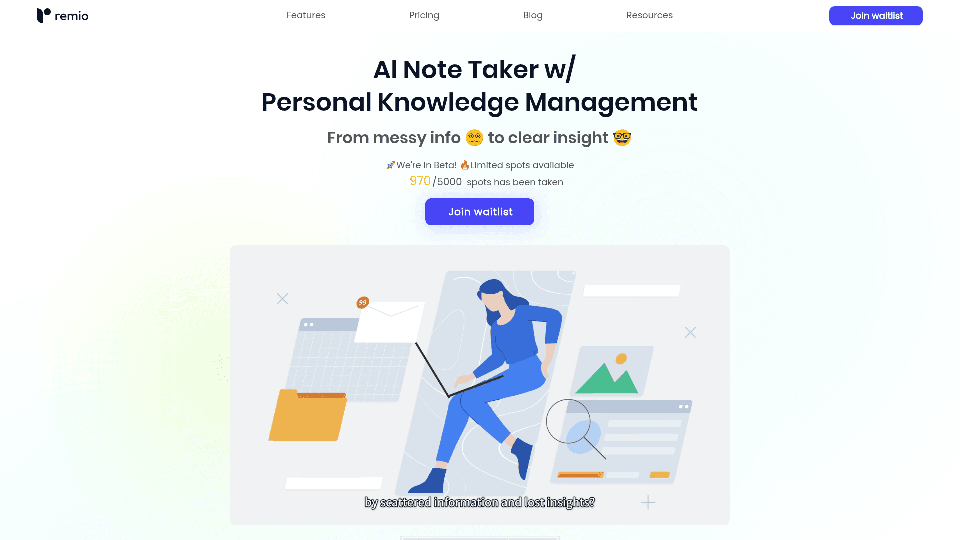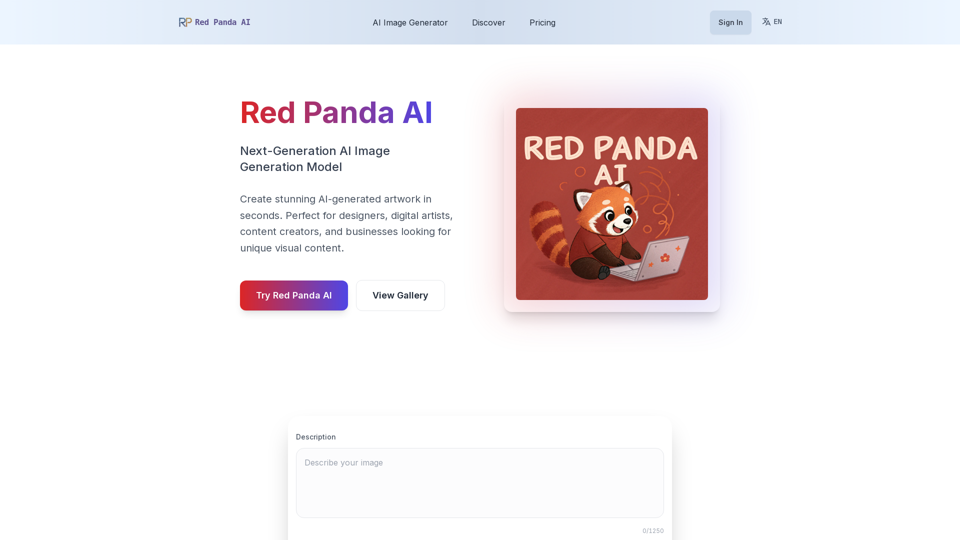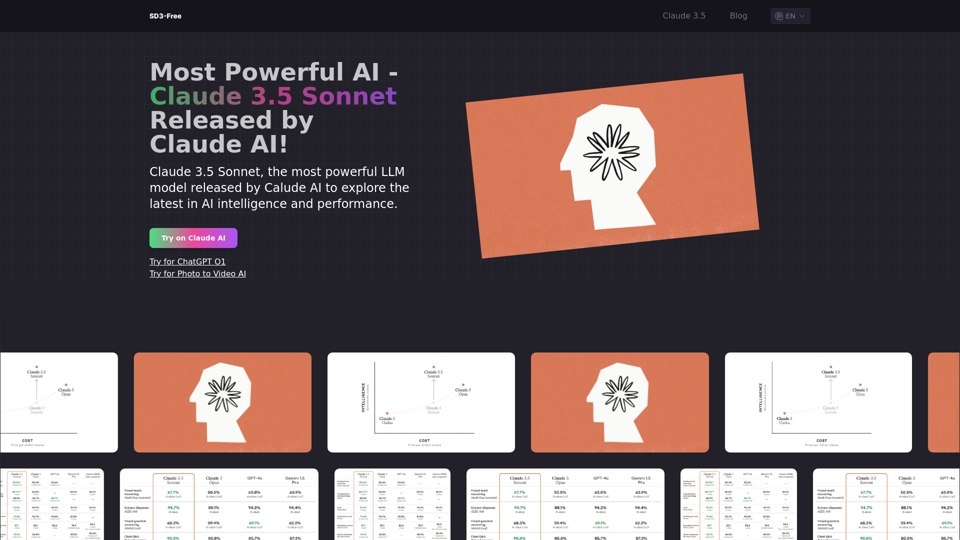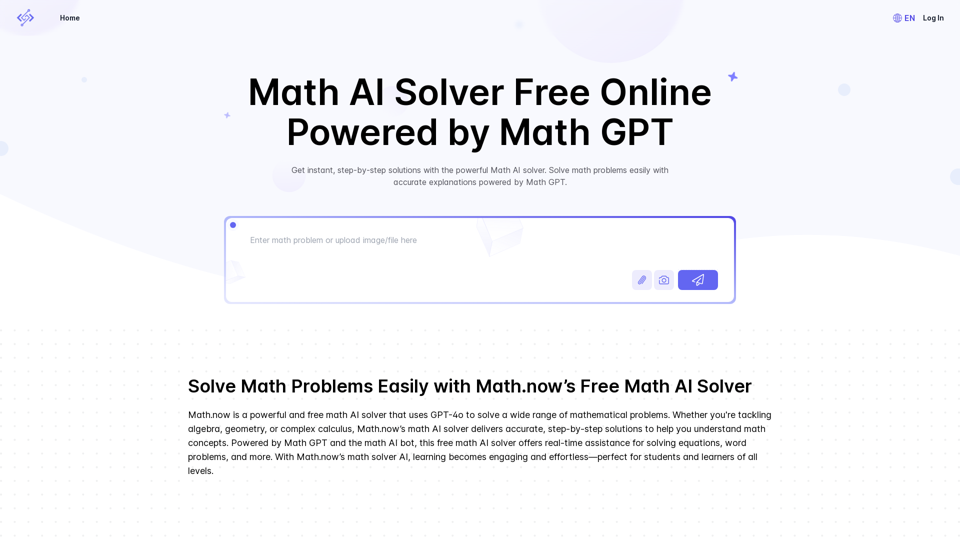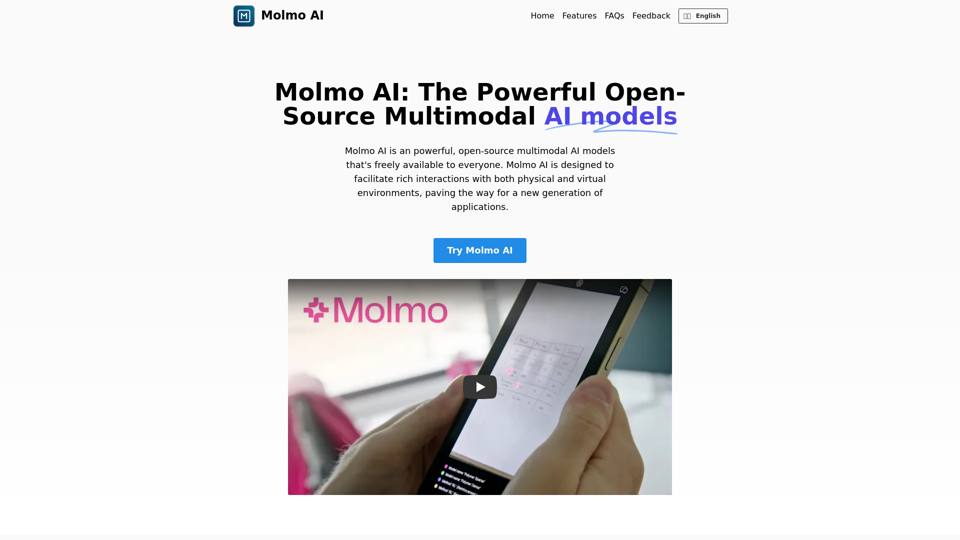Что такое ИИ в управлении знаниями?
Искусственный интеллект (ИИ) в управлении знаниями (УЗ) относится к использованию технологий ИИ для улучшения процессов создания, хранения, извлечения и обмена организационными знаниями. Инструменты и методы ИИ автоматизируют сложные задачи, улучшают доступ к данным и предоставляют персонализированный пользовательский опыт, превращая традиционные системы УЗ в динамичные, интеллектуальные ресурсы.
Преимущества ИИ в управлении знаниями
Внедрение ИИ в УЗ предлагает множество преимуществ:
- Улучшенный поиск информации: Системы на базе ИИ быстро находят релевантные данные, улучшая результаты поиска и сокращая время, затрачиваемое на сбор информации.
- Автоматизированная курирование контента: ИИ автоматически организует и обновляет контент, обеспечивая хорошо структурированную и актуальную базу знаний.
- Улучшенный пользовательский опыт: Персонализированные рекомендации и интеллектуальные функции поиска упрощают пользователям нахождение необходимой информации.
- Быстрое принятие решений: ИИ быстро выявляет ключевые инсайты, способствуя принятию обоснованных решений без задержек.
- Непрерывное обучение: Системы ИИ учатся на взаимодействиях с пользователями, постоянно улучшая свою способность предоставлять релевантный контент и инсайты.
- Экономия времени и средств: Автоматизация рутинных задач снижает затраты на рабочую силу и повышает производительность.
Как использовать ИИ в управлении знаниями
Шаг 1: Оцените вашу текущую систему УЗ
- Оцените существующие инструменты и методы управления знаниями.
- Определите проблемные точки, такие как устаревшая информация или неэффективное тегирование.
Шаг 2: Очистите и организуйте ваши данные
- Удалите избыточные или устаревшие данные.
- Обеспечьте согласованность форматов данных.
- Устраните пробелы в метаданных с помощью таких стратегий, как тегирование на базе ИИ.
Шаг 3: Выберите подходящие инструменты и платформы ИИ
- Выберите платформы ИИ, которые соответствуют вашим потребностям в УЗ, сосредоточив внимание на таких функциях, как интеллектуальный поиск и автоматизированная классификация контента.
- Обеспечьте плавную интеграцию с существующими системами.
Шаг 4: Обучите и настройте модели ИИ
- Обучите модели ИИ с точно маркированными данными для понимания и категоризации контента.
- Реализуйте системы для обратной связи пользователей для уточнения результатов ИИ.
Шаг 5: Тестируйте, контролируйте и уточняйте
- Проводите тщательное тестирование на функциональность и точность.
- Используйте аналитику для мониторинга производительности и внесения необходимых корректировок.
Шаг 6: Обеспечьте соответствие и управление
- Внедрите строгие меры по обеспечению конфиденциальности и безопасности данных.
- Проводите регулярные аудиты на соответствие и мониторинг на наличие предвзятости.
Системы управления знаниями на базе ИИ предлагают трансформационные преимущества, но требуют тщательного планирования и выполнения, чтобы преодолеть такие вызовы, как качество данных и принятие пользователями. Используя ИИ, организации могут улучшить сотрудничество, повысить качество принятия решений и увеличить эффективность.



